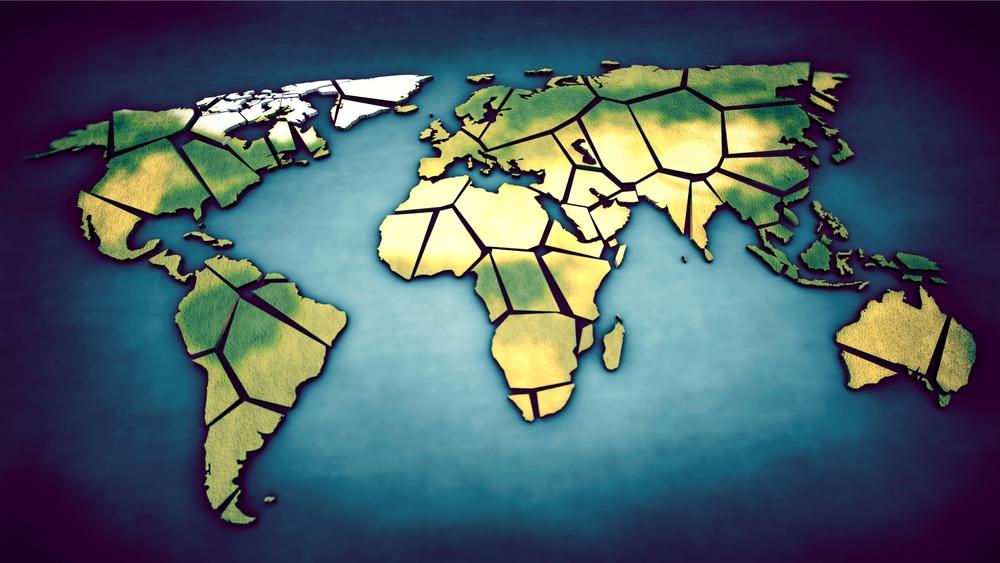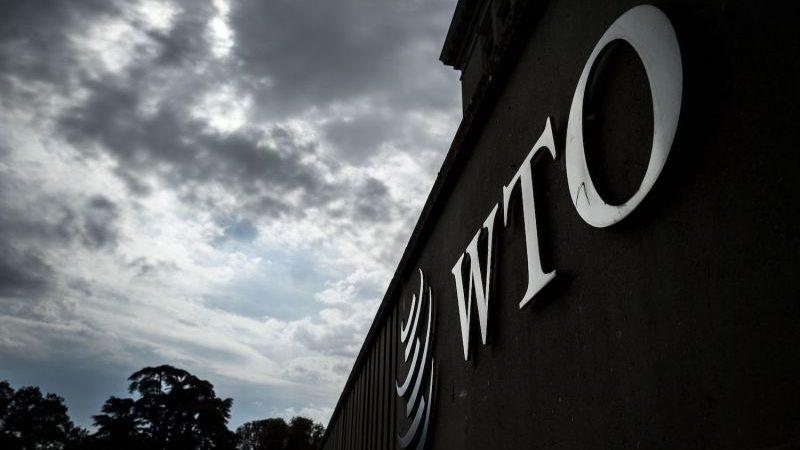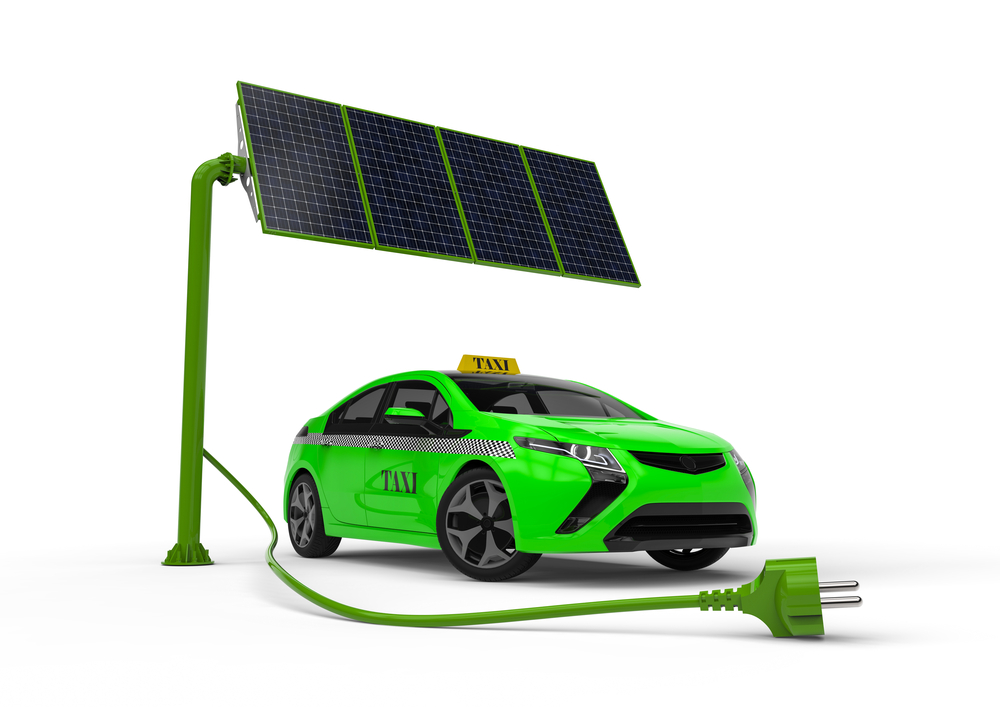Trade served the world economy very well in 2022. Despite a global pandemic that has caused nearly 7 million deaths (over 1 million of them in the United States), trade bounced back and supplied needed vaccines, medical supplies, and equipment around the world–while supporting an economic recovery that was much stronger and faster than projected.
Global supply chains proved remarkably resilient. In June, the World Trade Organization (WTO) had a reasonably successful Ministerial Conference attended by trade ministers from most of the world’s trading nations. They made good progress on reining in fisheries subsidies that were stripping the oceans bare of stocks of this important food source for the world’s peoples and undermining the livelihood of fishermen, particularly in very poor countries.
The ministers noted that work was underway to address environmental issues and promised to address needed reforms of the global trade organization. They dodged a bullet by keeping in place a moratorium on levying customs duties on e-commerce, with digital trade being one of the bright growth areas of international commerce.
This does not suggest that there will be smooth sailing for international trade in 2023. There are three areas of U.S. trade policy that will require particular attention.
U.S.-China trade
Under stress for many years, trade relations between the world’s two largest economies are beginning to fracture.
Trade data hasn’t shown this–yet. U.S. imports from China are up substantially from both last year and pre-pandemic levels. However, President Biden’s U.S. National Security Strategy has condemned China’s behavior. The gloves have come off. In October, the U.S. announced limits on exports to China of high-end technologies and semiconductors. These measures are qualitatively different from the broad Trump tariffs. The new sanctions target the growth of the technological capability of industries that China has identified as its highest priority.
China has not yet launched visible countermeasures against the US. However, China has a record of using trade coercion to retaliate against policies that it disfavors. A further Chinese response to the recent U.S. export controls can be expected in 2023. It may not come to that, but continuing escalation could presage the beginning of a new Cold War.





